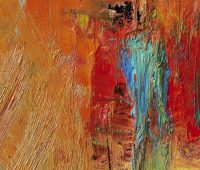How do we recognize the interdisciplinary nature of research? In this piece, Jerry Jacobs addresses this question through thinking about the appropriate criteria for evaluating a research proposal. Instead of advocating a single scale, Jacobs argues that a proposal’s interdisciplinary qualities might be considered according to the scope of intellectual sources of the proposed project; the range of skills, methods, and interests drawn upon; and the breadth of potential impact of the research.

















